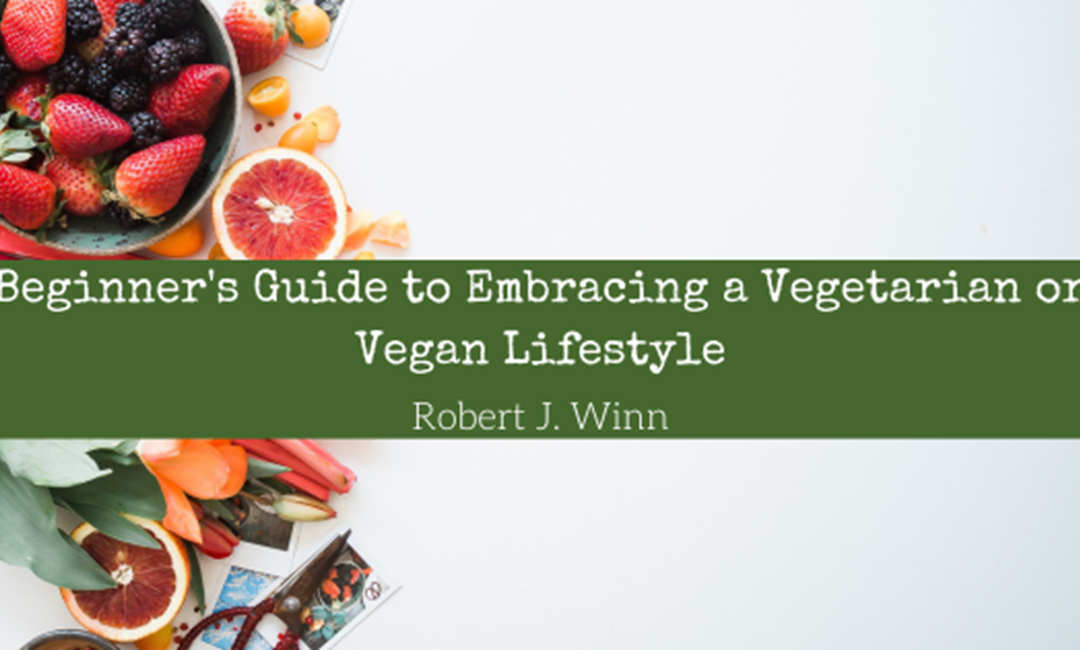Transitioning to a vegetarian or vegan lifestyle can be a rewarding and fulfilling journey that not only benefits your health but also contributes to environmental sustainability and animal welfare. Whether you’re motivated by health concerns, ethical reasons, or environmental considerations, embarking on a plant-based diet can be a transformative experience. Here’s a beginner’s guide to embracing a vegetarian or vegan lifestyle:
Understanding the Basics
Before diving into a vegetarian or vegan lifestyle, it’s essential to understand the fundamental principles of each dietary choice. Vegetarians typically abstain from consuming meat, poultry, and fish but may still include animal-derived products such as dairy and eggs in their diet. On the other hand, vegans avoid all animal products, including meat, dairy, eggs, and honey, opting for a purely plant-based diet.
Gradual Transition
Transitioning to a vegetarian or vegan lifestyle doesn’t have to happen overnight. Instead, consider taking a gradual approach by gradually reducing your intake of animal products while incorporating more plant-based foods into your diet. Start by incorporating Meatless Mondays or replacing one meal a day with a plant-based option. Over time, you can gradually increase the number of plant-based meals in your diet until you feel comfortable adopting a fully vegetarian or vegan lifestyle.
Explore Plant-Based Foods
One of the most exciting aspects of embracing a vegetarian or vegan lifestyle is discovering a wide variety of delicious and nutritious plant-based foods. Experiment with different fruits, vegetables, whole grains, legumes, nuts, and seeds to create flavorful and satisfying meals. Get creative in the kitchen by trying new recipes and experimenting with different cooking techniques to enhance the taste and texture of plant-based ingredients.
Nutrient Considerations
When transitioning to a vegetarian or vegan diet, it’s essential to pay attention to your nutrient intake to ensure that you’re meeting your body’s needs. Focus on consuming a diverse range of nutrient-rich foods, including fruits, vegetables, whole grains, legumes, nuts, and seeds, to provide your body with essential vitamins, minerals, protein, and fiber. Consider incorporating fortified foods or supplements, such as vitamin B12, vitamin D, and omega-3 fatty acids, to address any potential nutrient deficiencies.
Seek Support and Resources
Embracing a vegetarian or vegan lifestyle is easier when you have support and resources to guide you along the way. Join online communities, social media groups, or local vegetarian and vegan meetups to connect with like-minded individuals, share experiences, and exchange tips and recipes. Explore vegetarian and vegan cookbooks, blogs, and websites for inspiration and guidance on meal planning, grocery shopping, and dining out as a plant-based eater.
Listen to Your Body
As you transition to a vegetarian or vegan lifestyle, pay attention to how your body responds to different foods and dietary choices. Listen to your hunger cues, cravings, and energy levels, and make adjustments to your diet as needed to ensure that you’re meeting your nutritional needs and feeling your best. Trust your instincts and intuition when it comes to nourishing your body with plant-based foods that make you feel happy, healthy, and satisfied.
In conclusion, embracing a vegetarian or vegan lifestyle can be a fulfilling and empowering journey that promotes health, sustainability, and compassion. By understanding the basics, taking a gradual approach, exploring plant-based foods, considering nutrient considerations, seeking support and resources, and listening to your body, you can embark on a successful plant-based journey and reap the many benefits of a vegetarian or vegan lifestyle.

